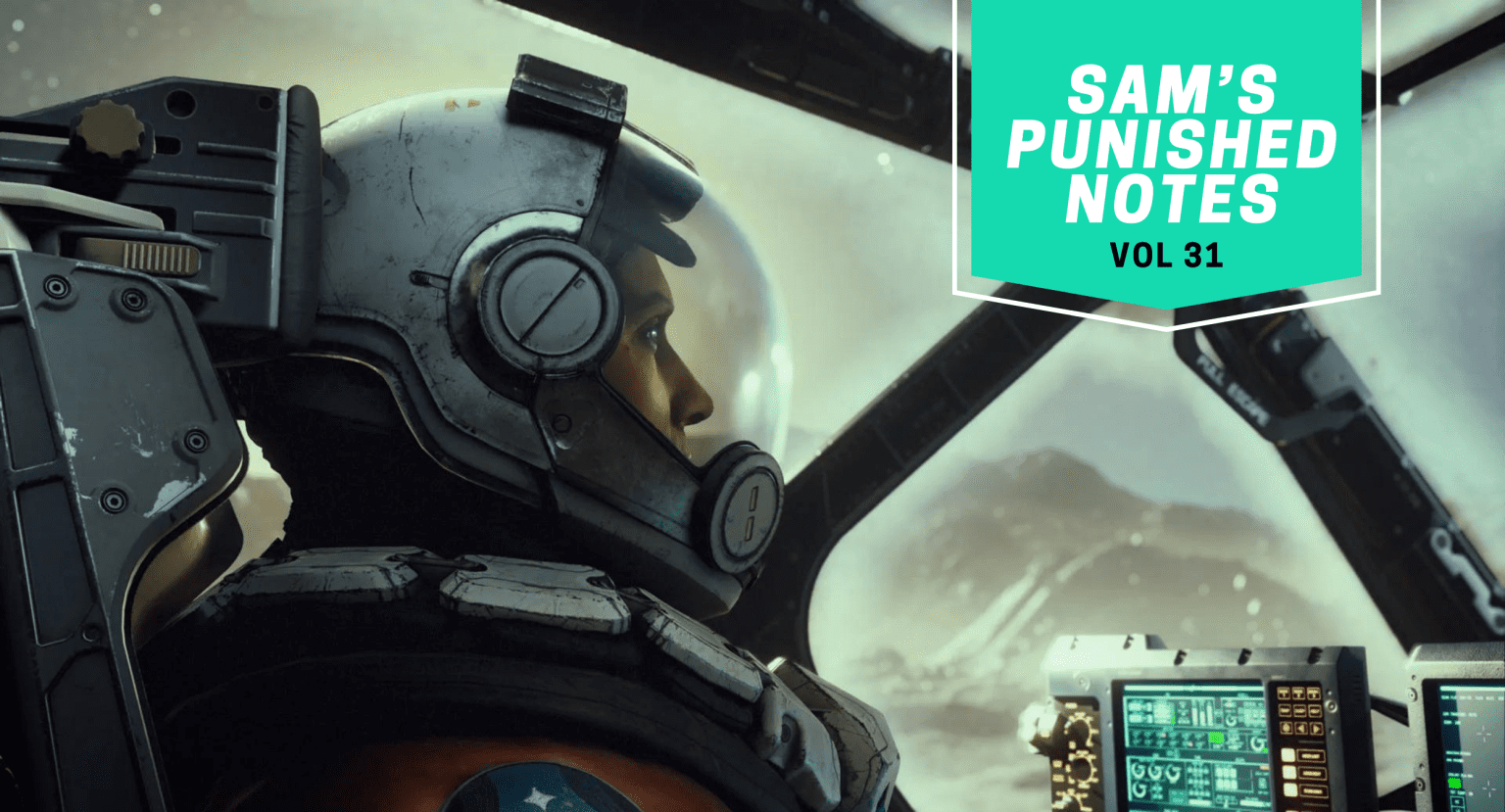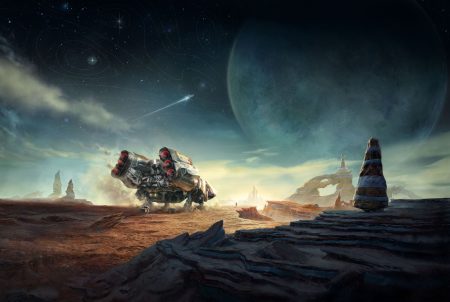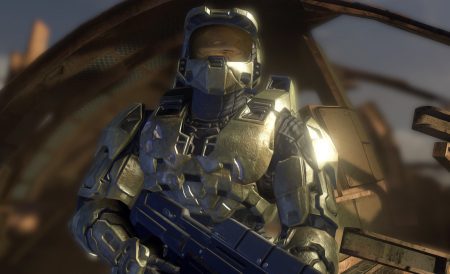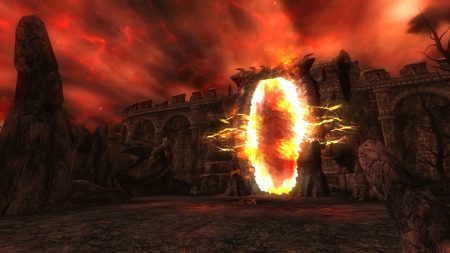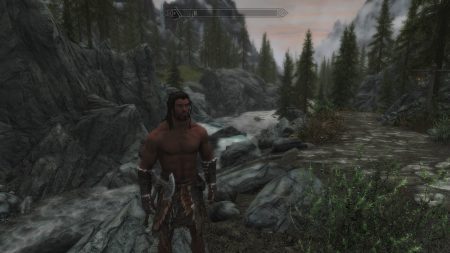Welcome back to Punished Notes, Volume 31! This Starfield-centric edition includes a brief mini-essay about the game’s greatest narrative component, as well as a lightning round containing the rest of my scattered thoughts on this very-good-but-not-masterful adventure. As always, thanks for reading!
Embrace the Not-So-Strange
Bethesda’s latest hit Starfield released to (by AAA video game standards) mixed reviews, with detractors highlighting its unintuitive UI, endless number of loading screens, and large swathes of interplanetary emptiness. All of these critiques are valid, and having played through a decent amount myself, I’ve also noticed the title only marginally updates the Bethesda RPG formula found in previous Elder Scrolls and Fallout titles, opting to largely forgo the numerous strides made in the open-world RPG genre over the past decade-plus.
While I do enjoy many elements of that classic formula (simple combat, lots of dialogue options, lockpicking mini-games, charming jankiness), I’m not sure I can identify any specific gameplay element of Starfield that elevates it above its peers. And yet, I am having a great time with this intergalactic adventure, in large part due to the game’s greatest narrative hook: how it presents normal, mundane environments and scenarios so that every venture outside of such circumstances feels all the more wondrous and compelling.
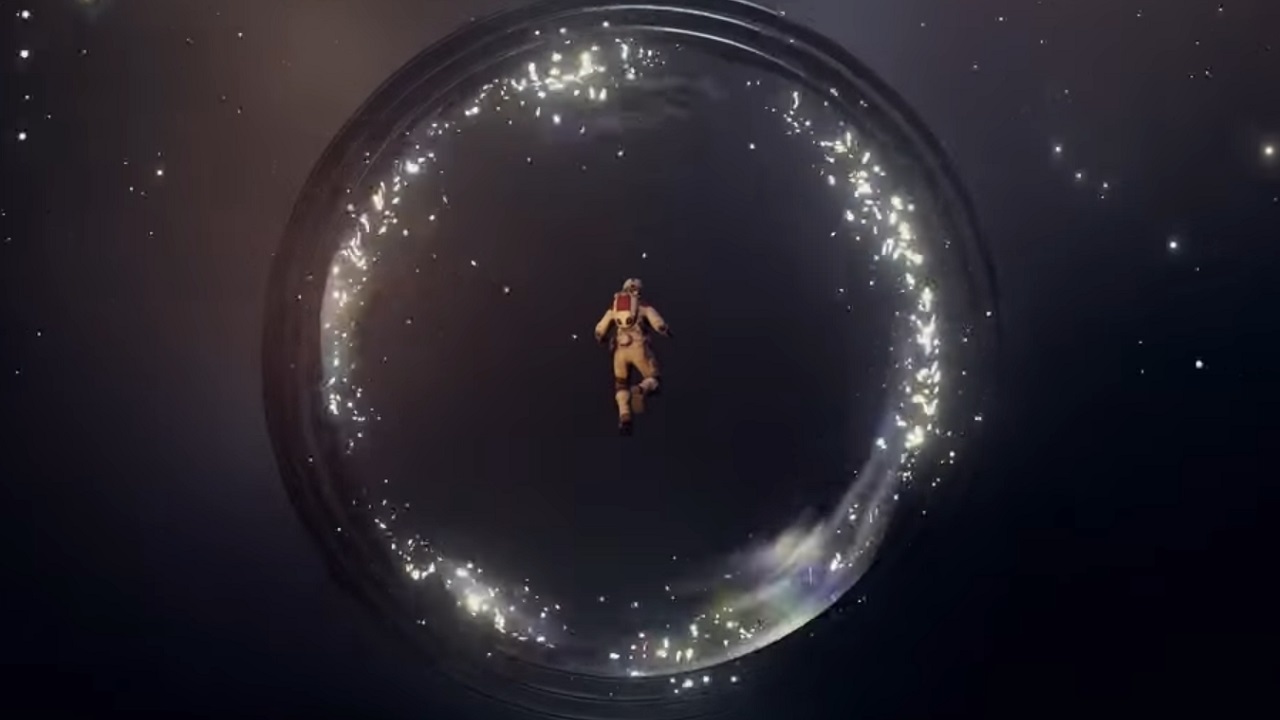
Into the Great… Known
Unlike previous Bethesda RPGs, Starfield doesn’t present an immediate existential threat that the player must address, nor do mythical creatures or garrulous ghouls populate every town. Instead, a random guy named Barrett offers you the chance to join an adventurer’s guild called Constellation, which is searching for mythical artifacts that show you strange, flashy visions and even grant you special abilities down the line. You don’t have a specific narrative reason to do anything else; you can simply do the main quest and search for more of these artifacts for the sake of profound discovery, and/or make your own adventures through faction quests and other side activities.
The best part of the main quest’s lack of urgency or stakes is that virtually nothing else around you appears out of the ordinary by modern standards. In a future where Earth’s inhabitability forced humanity to colonize other planets and celestial objects, Starfield believes that people would simply copy and paste most of the institutions and power structures that existed before. Capitalism reigns supreme, space armies and space cops roam around checking ships for contraband, and most people you meet have exceedingly normal jobs, such as miners, electricians, and cashiers. Interestingly enough, many people you meet have never left the planets where they reside and have little desire to do so.
That’s where the role-playing comes in: Rather than tell the player to slay dragons, find a lost family member, or close haunting demon portals, Starfield simply tells you, “There’s something extraordinary out there, and we don’t really know what it is.” As a result, I can craft an entire narrative around my character that doesn’t have to boil down to hero, anti-hero, or villain. I’m not whistling away doing random side quests while kings tell me the world’s end is imminent; I’ve decided to live my space-faring life seeking adventure, with artifact-hunting serving as just one part of that (other parts include space piracy and botany research assistance). Starfield offers me role-playing without a clearly stated purpose, and that alone makes many activities more enticing.
Starfield offers me role-playing without a clearly stated purpose, and that alone makes many activities more enticing.
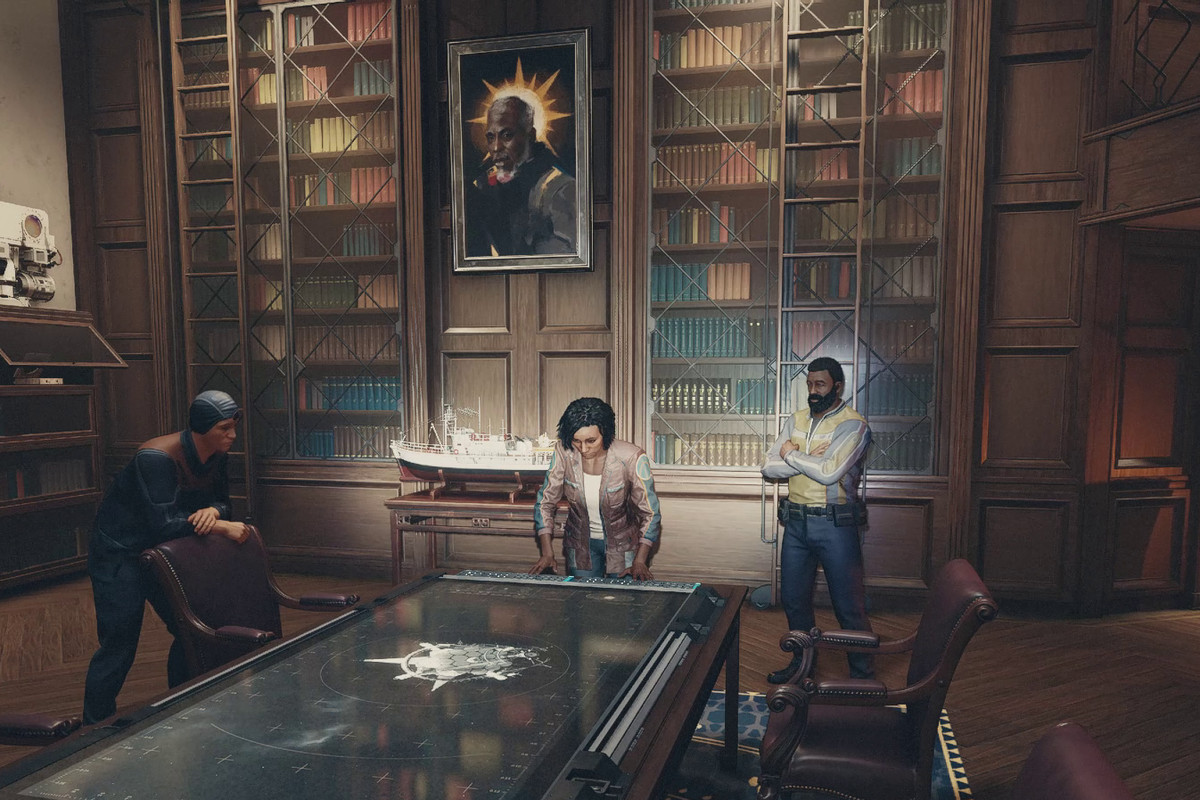
Across the Universe
Bethesda’s latest effort lacks a lot of the magic of previous releases. Its world (or worlds?) doesn’t feel interconnected. Traveling through towns and cities involves an absurd amount of loading screens. Exploring strange planets without a particular quest in mind seldom yields satisfying results.
Still, the idea that the backdrop of Starfield’s interstellar adventures is as ho-hum and uninteresting as much of the reality we experience today makes each journey outside of that construct just a little more fantastic. Whether I’m searching for ancient celestial artifacts or looting a lost ship surrounded by dangerous electromagnetic fields, my character gets to experience uniquely incredible moments in an otherwise normal space-faring existence. Starfield isn’t The Next Big Thing, but those shreds of sparkle keep me coming back for more.
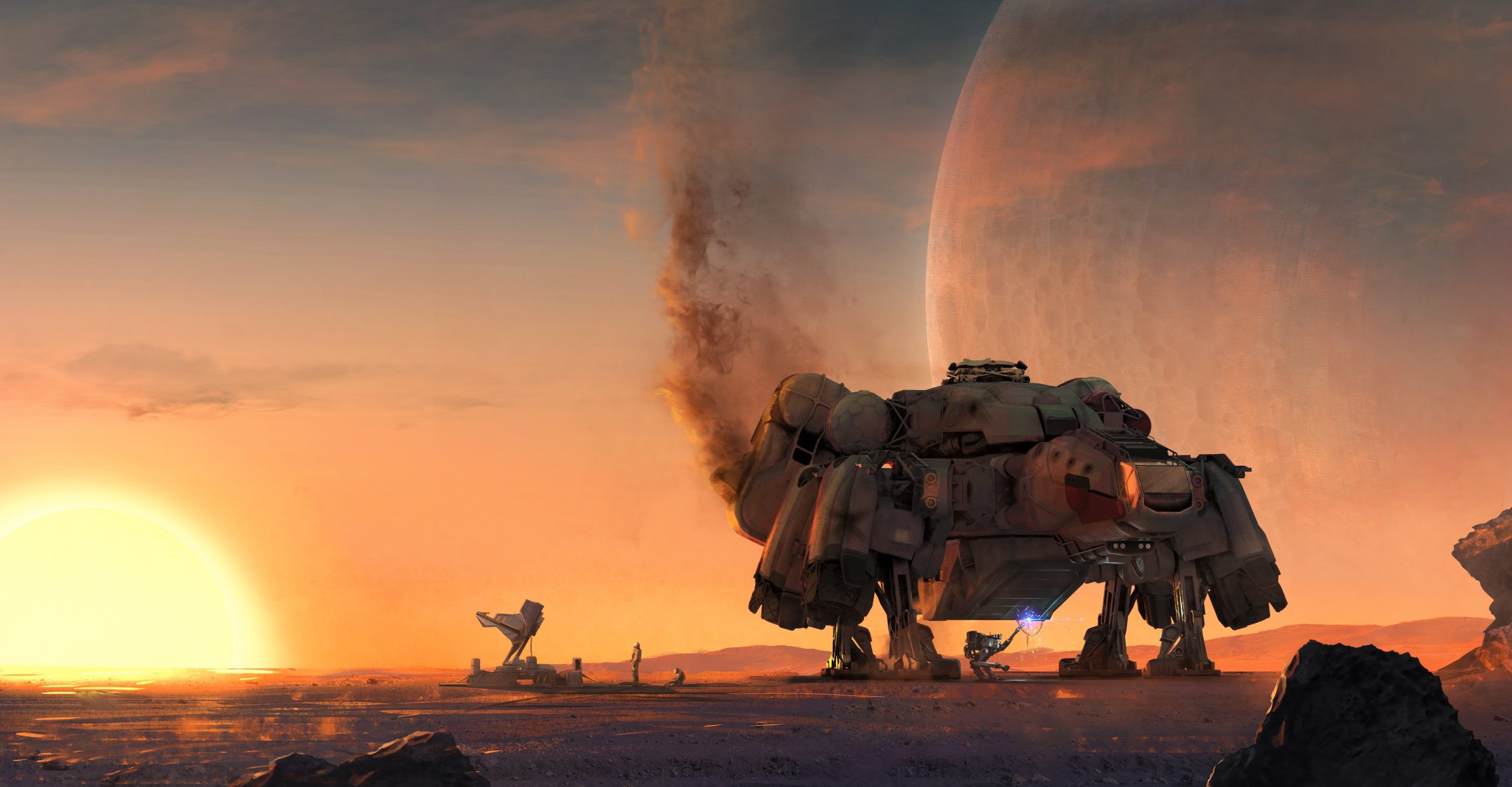
LIGHTNING ROUND!!!!!!!!!!!!!!!!!!!!!!!!!!!!!!!
-For all its ups and downs, Starfield does give the player the tools necessary to craft their own unique story. Not that this is necessarily groundbreaking (or even super rare) in the broader gaming landscape, but Starfield scratches that particular itch in ways even a masterpiece like Elden Ring or The Witcher 3 does not. (To be clear, Starfield is notably worse than both of these games.)
-Honestly, I don’t actually mind the constant fast-traveling in Starfield all that much, since I’m not sure intergalactic travel could truly happen quickly and seamlessly in a video game. That said, the game doesn’t have the same “getting lost” feeling that serves as an essential draw in games like Skyrim and Fallout 3, and as a result feels a little less special.
-All of the planetary exploration in Starfield pales in comparison to that of No Man’s Sky, and as a result I’ve largely ignored that side to the game. While it may not be a great sign that a major component of a massive RPG can be completely pushed aside, I appreciate that the title doesn’t penalize me too much for focusing entirely on bespoke, story-based quests.
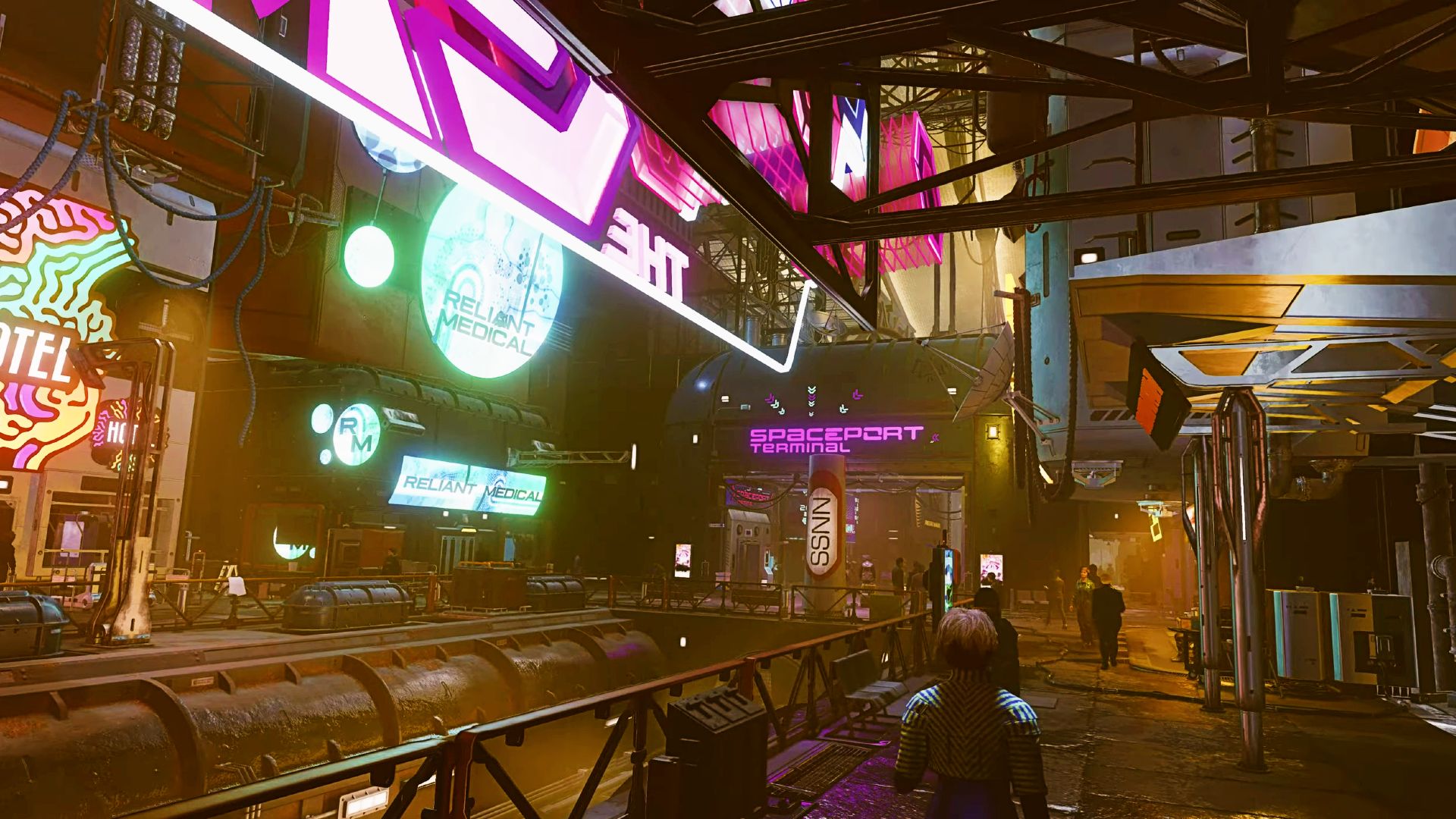
-Of the major towns and cities I’ve traveled to, Neon is the only one that feels like a real place. Other cities I’ve explored (e.g., New Atlantis and Akila City) feel like amusement parks, seemingly looking the part of an RPG metropolis but lacking any perceivable authenticity.
-While Starfield still contains a lot of Besthesda jankiness from yesteryear (weird facial animations, NPCs looking away from you in the middle of conversation, buggy movement), I actually find it fairly charming. Some of the choppiness and awkwardness make Starfield feel somewhat unique among the current slate of AAA role-playing games, which may have more polish but all look and sound the same at a certain point.
-Of all the Bethesda Softworks games I’ve tried, Starfield easily has the best real-time combat mechanics (V.A.T.S. was one of my favorite aspects of Fallout 3, but just plain-old shooting in that game is not good). It’s not Titanfall 2 or Halo Infinite by any means, but the basic shooting and melee combat systems feel pretty solid, and the added abilities you get as you progress through the main story make combat encounters extra exciting.
-Additionally, the spaceship combat can be an absolute blast and requires more patience and tactical guile than it would seem at first. My biggest complaint about general ship mechanics, however, is how easily you can find yourself dying in the same combat/hazard scenario because you forgot to repair your ship earlier, meaning you have to reload an old save.
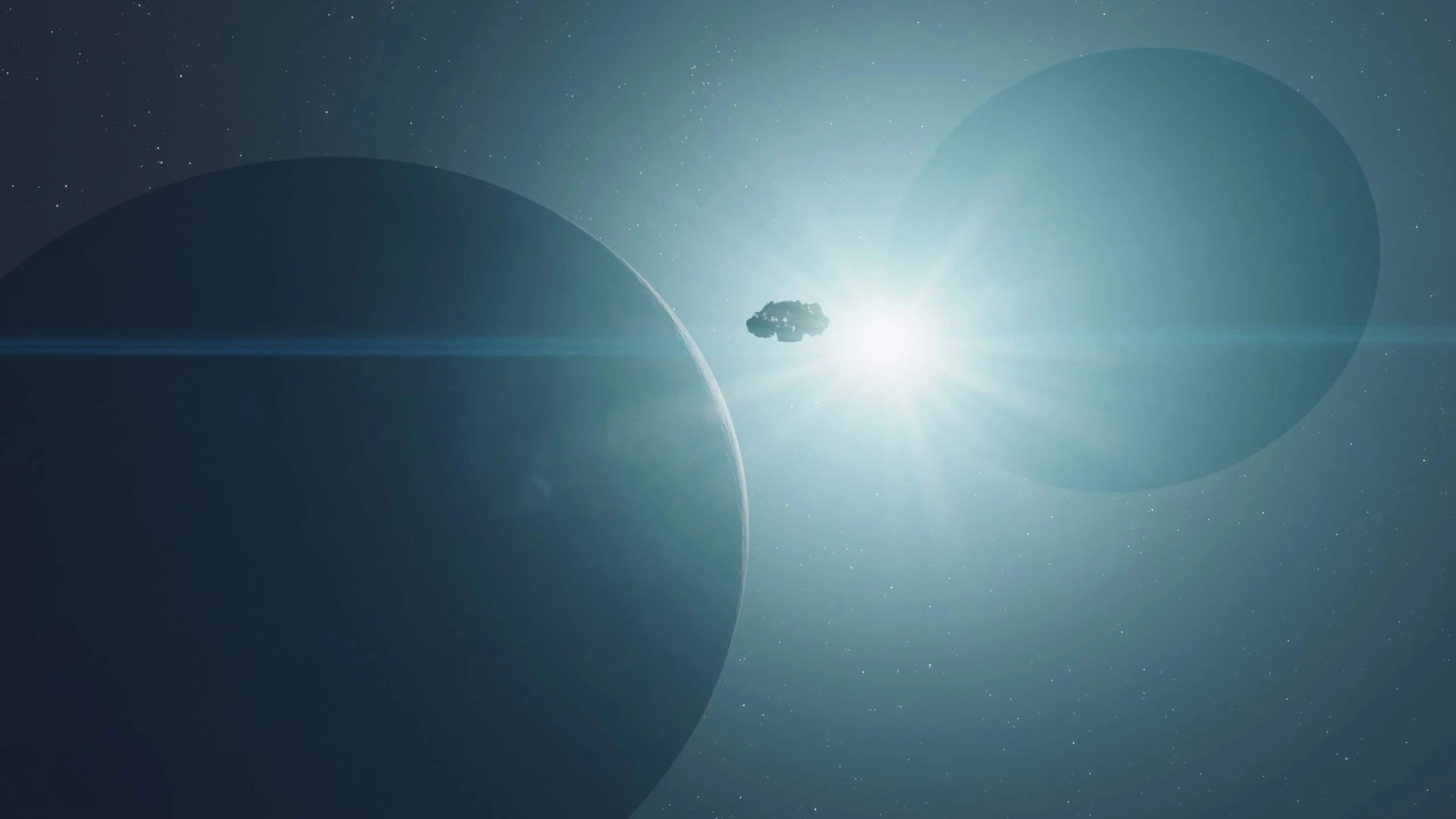
-One of my favorite “little things” from Starfield is when you gravity-jump into a new system and come into communication with a random traveler who either wants a small ship-to-ship chat or even invites you on to their vessel just for some basic human interaction. One time a woman only known as “grandma” even gave me meatloaf and told me her life story because I was nice to her!
-Speaking of which, most dialogue-based gameplay mechanics in Starfield work well enough, but I still might be spoiled by The Witcher 3’s incredible approach to dialogue options, where I’m not always sure of the consequences of my actions. In Starfield, most of the outcomes are fairly predictable or spelled out.
-I can’t comment on the endgame (or vaunted New Game Plus option) since I haven’t gotten that far yet, but I will say my experience with Starfield gets better and better the more I play. Typically, I bristle at the “It gets good after X amount of hours” praise, but it’s actually true here. Once I was able to fully grasp all of the mechanics, reach certain plot milestones, and learn to properly navigate the terrible UI, everything just clicked, and as a result I don’t see myself putting down Starfield anytime soon. Well, that is, until I find myself drowning in the deluge of fall releases.
Sam has been playing video games since his earliest years and has been writing about them since 2016. He’s a big fan of Nintendo games and complaining about The Last of Us Part II. You either agree wholeheartedly with his opinions or despise them. There is no in between.
A lifelong New Yorker, Sam views gaming as far more than a silly little pastime, and hopes though critical analysis and in-depth reviews to better understand the medium's artistic merit.
Twitter: @sam_martinelli.


